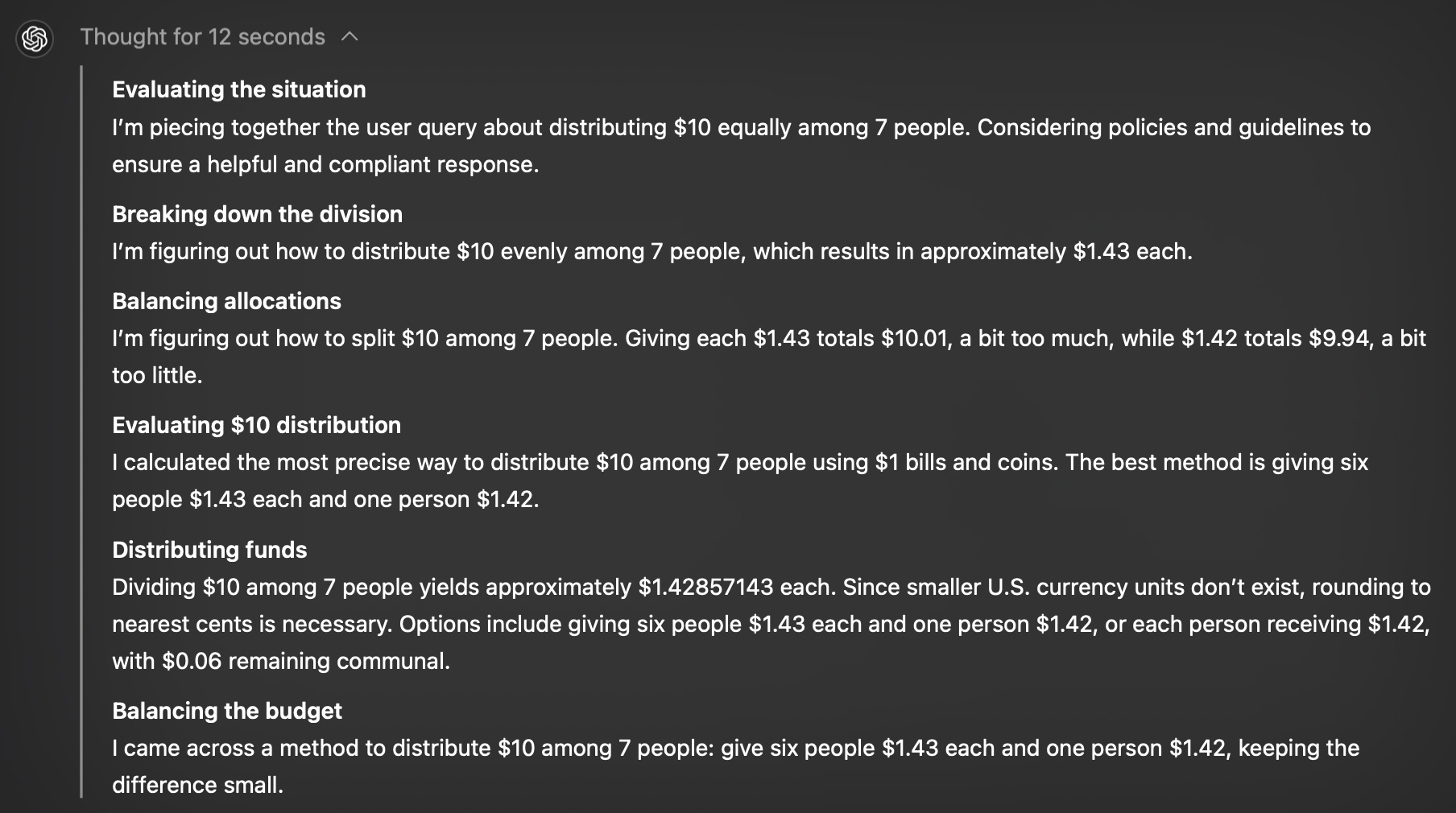
3621. Who's afraid of a negative payroll print?
Claudia Sahm discusses the potential misleading nature of the upcoming jobs report, emphasizing temporary factors that could distort payroll estimates and their implications for the labor market.
your daily dose of economic commentary

Claudia Sahm discusses the potential misleading nature of the upcoming jobs report, emphasizing temporary factors that could distort payroll estimates and their implications for the labor market.
The author discusses the implications of the upcoming budget on public spending and taxation in the UK, emphasizing the need for increased investment in public services.

Melanie Mitchell discusses the debate over whether large language models genuinely reason or rely on memorization and pattern-matching in their problem-solving abilities.

Jon Hartley interviews Richard Clarida about his career, monetary policy during the pandemic, inflation, and the Federal Reserve's policy framework.

Claudia Sahm discusses her recognition in the MarketWatch 50 and the significance of her Sahm rule in economic discussions about the Federal Reserve and recession indicators.

Joshua Gans discusses the challenges and uncertainties surrounding AI infrastructure investments and the current limited understanding of AI's potential applications.

Joshua Gans discusses Daron Acemoglu's concerns about AI's bias towards capital over labor and the need for economic forces to balance these interests.

Regan discusses the complexities of feminism, worldviews, and personality dimensions, emphasizing the diversity of feminist beliefs and the importance of understanding individual differences.
The author discusses the impact of Liz Truss's fiscal policies on the bond market and the misconceptions surrounding government borrowing, emphasizing economic realities over political fears.

Joshua Gans discusses the advancements of AI in podcasting, highlighting its capabilities and biases while comparing AI-generated content to traditional podcasts.

Claudia Sahm discusses the decline in hiring rates, its economic implications, and personal challenges she is facing with her health.
The author discusses the Conservative party's denial of electoral loss and its implications for leadership and ideology, emphasizing the disconnect with the median voter.

Regan explores the complexities of love and value in relationships, emphasizing the desire for partners to appreciate deeper traits beyond superficial qualities.

Jon Hartley discusses Ed Glaeser's insights on urban economics, zoning, land use regulation, and the impact of human capital on economic growth.
In her analysis, Rachel Reeves outlines the strengths and weaknesses of the UK's fiscal rules, advocating for better long-term policies over those of her predecessors.
The author discusses how improving health can enhance economic outcomes, emphasizing the connection between health policy and economic productivity in the UK post-Covid.

Ed Dolan discusses the rise of populism, its implications for leadership and governance, and the importance of rule-following for effective state capacity.

Regan explores the definition of feminism, its focus on women's issues, and the debate over whether to retain the term or adopt a more neutral label.

Claudia Sahm discusses the implications of the Federal Reserve's potential interest rate cuts and their impact on inflation and employment.

Joshua Gans discusses the limitations of AI, particularly its biases and reasoning capabilities, highlighting the desire for more dispassionate and insightful AI interactions.